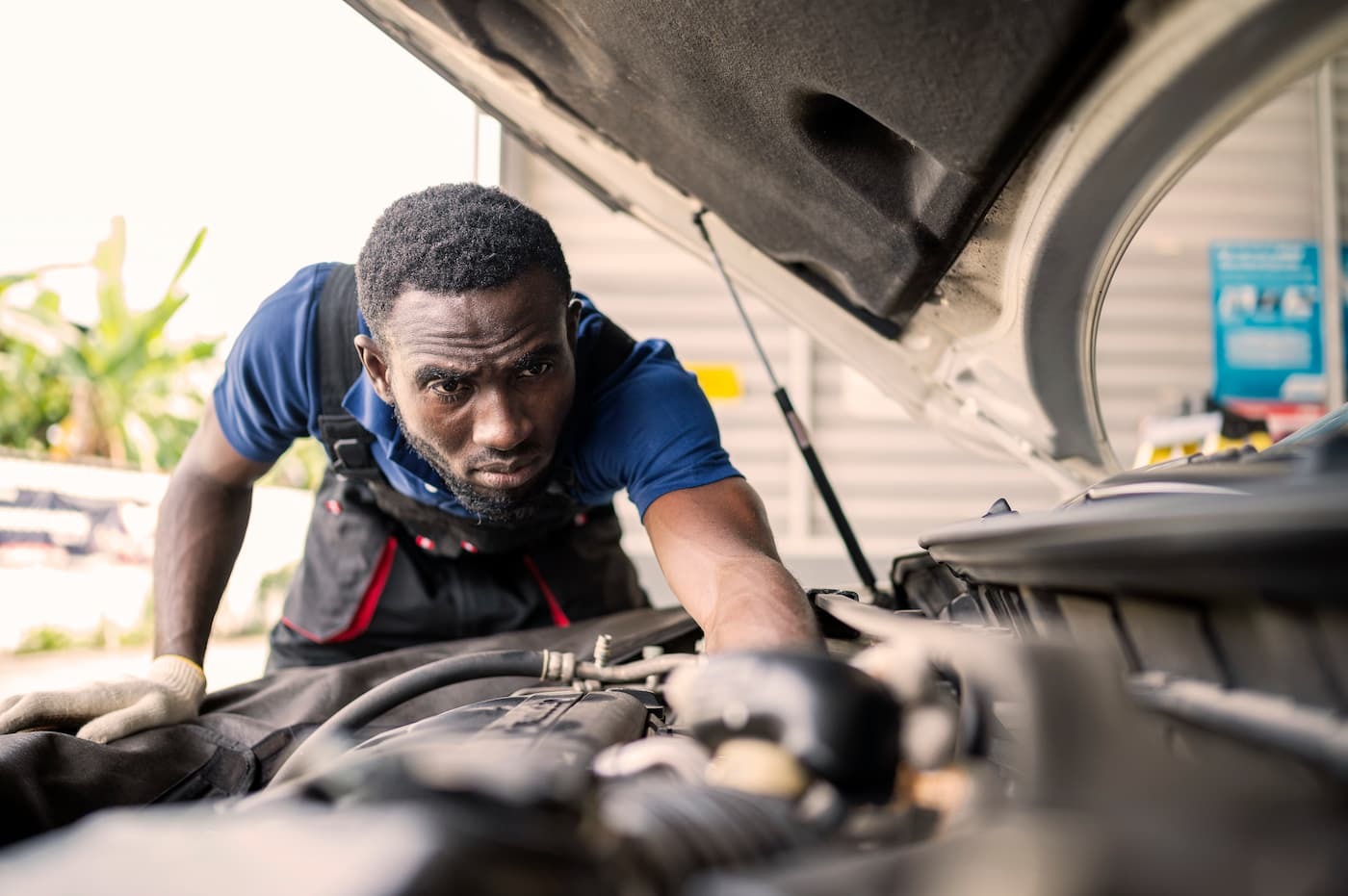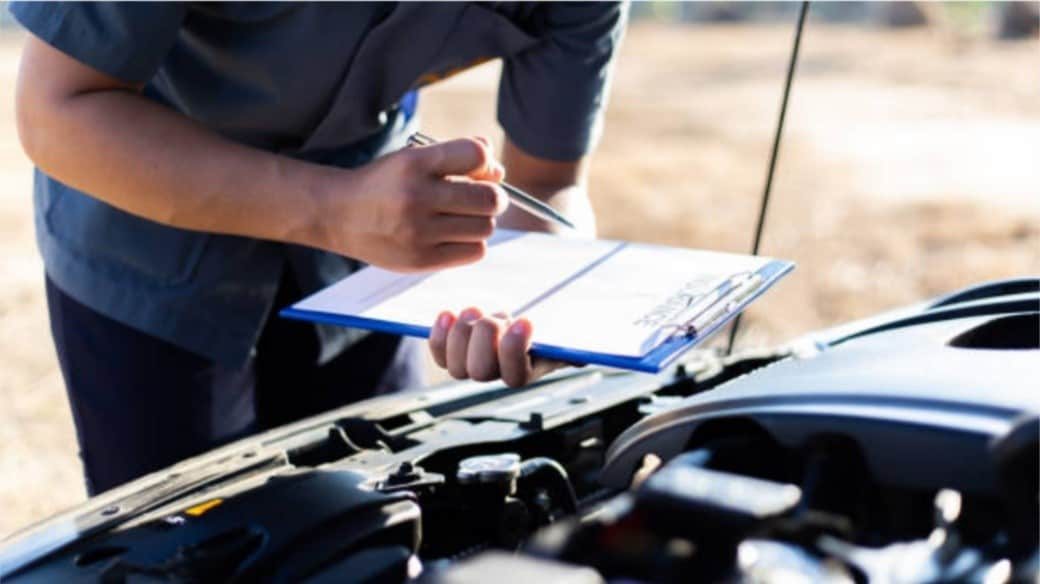All Categories
Featured
When your cars and truck gets too hot, it can seem like a major emergency, but staying tranquil and complying with the right actions can prevent serious engine damage and assistance obtain you back on the road securely. In this message, we'll explore what to do if your auto overheats and supply preventative pointers to decrease the risk of overheating in the future.
If Your Car Gets too hot,What to Do. Draw Over to a Safe Place The initial and most essential step if your automobile begins to overheat is to pull over to a safe area as quickly as possible. Turn on your hazard lights and lead your lorry to the shoulder or right into a parking area. Keeping your auto running while it's overheated can trigger extreme damage to the engine, so it's essential to shut the engine off immediately.
Let the Engine Cool Once you've safely quit, allow the engine to cool down. You need to never try to open the radiator cap while the engine is still hot, as the launch of vapor or hot coolant can trigger burns. Wait at the very least 15-20 minutes to allow the engine temperature level to drop to a more secure degree prior to continuing.
![]()
Check the Coolant Degree After the engine has actually cooled, examine the coolant levels by checking the tank or radiator. If it's reduced, top it off with a mixture of coolant and water (as specified by your car's supplier) Constantly make use of care when opening up the coolant reservoir, as pressure may have developed.
Try To Find Visible Leaks While you await the engine to cool, visually evaluate the radiator, pipes, and coolant tank for any type of noticeable leakages or splits. A dripping radiator or hose is a common source of overheating. It's better to call a tow service than danger driving even more and causing additional damage. if you locate a significant leakage.
Reactivate the Engine After permitting the engine to cool and ensuring the coolant is covered off, begin the engine and keep track of the temperature scale. If the temperature continues to rise swiftly, it's ideal to shut the engine off and require roadside help or a tow to the nearest technician.
![]()
Exactly How to avoid Getting Too Hot in the Future. Consistently Check Coolant Levels Among the most convenient means to avoid getting too hot is by preserving the right degree of coolant. In time, coolant can evaporate, so on a regular basis inspect the coolant degrees in the reservoir. Reduced coolant levels can trigger the engine to get too hot swiftly, so leading it off as needed.
Check the Radiator The radiator plays a critical function in keeping the engine cool. Occasionally examine the radiator for any type of blockages, dirt, or debris that can block airflow. If you observe any indications of damages, such as corrosion or leaks, have it fixed or changed asap.
Replace the Thermostat and Water Pump A malfunctioning thermostat or water pump is a common reason for overheating. The thermostat manages the circulation of coolant, while the water pump circulates it with the engine. If either part is damaged, it can avoid appropriate cooling. Have your mechanic check these components on a regular basis and replace them when necessary.
Flush the Cooling System Over time, coolant can deteriorate and come to be ineffective, triggering a buildup of debris in the system. Flushing the cooling system every 30,000 miles, or as suggested in your lorry's handbook, aids to remove any type of sludge or build-up and makes certain the cooling system is working appropriately.
Monitor the Condition of the Hose pipes The tubes in your automobile's cooling system can wear or split over time. Check the hose pipes for any signs of wear, such as bulging, splits, or leakages, and change them if needed. Protecting against coolant leaks can go a lengthy way in staying clear of overheating.
![]()
Drive Sensibly Hostile driving, such as increasing promptly or driving at broadband, puts added pressure on your engine and its cooling system. Try to drive at modest speeds, especially on warm days or when driving on steep slopes, to minimize the chances of getting too hot.
Avoid Overloading Your Vehicle Bring too much weight in your vehicle puts anxiety on the engine and cooling system. Constantly bear in mind your vehicle's weight limit, especially if you're hauling hefty tons, hauling a trailer, or driving cross countries in heat.
Conclusion. An overheating auto can be a frightening experience, however knowing just how to respond and stop it can save you time, money, and possible engine damages. Always examine your coolant levels, examine vital components like the radiator, thermostat, and pipes, and follow a regular upkeep routine. By remaining on top of your lorry's cooling system, you can reduce the danger of getting too hot and enjoy a smoother, safer driving experience.
If Your Car Gets too hot,What to Do. Draw Over to a Safe Place The initial and most essential step if your automobile begins to overheat is to pull over to a safe area as quickly as possible. Turn on your hazard lights and lead your lorry to the shoulder or right into a parking area. Keeping your auto running while it's overheated can trigger extreme damage to the engine, so it's essential to shut the engine off immediately.
Let the Engine Cool Once you've safely quit, allow the engine to cool down. You need to never try to open the radiator cap while the engine is still hot, as the launch of vapor or hot coolant can trigger burns. Wait at the very least 15-20 minutes to allow the engine temperature level to drop to a more secure degree prior to continuing.

Check the Coolant Degree After the engine has actually cooled, examine the coolant levels by checking the tank or radiator. If it's reduced, top it off with a mixture of coolant and water (as specified by your car's supplier) Constantly make use of care when opening up the coolant reservoir, as pressure may have developed.
Try To Find Visible Leaks While you await the engine to cool, visually evaluate the radiator, pipes, and coolant tank for any type of noticeable leakages or splits. A dripping radiator or hose is a common source of overheating. It's better to call a tow service than danger driving even more and causing additional damage. if you locate a significant leakage.
Reactivate the Engine After permitting the engine to cool and ensuring the coolant is covered off, begin the engine and keep track of the temperature scale. If the temperature continues to rise swiftly, it's ideal to shut the engine off and require roadside help or a tow to the nearest technician.

Exactly How to avoid Getting Too Hot in the Future. Consistently Check Coolant Levels Among the most convenient means to avoid getting too hot is by preserving the right degree of coolant. In time, coolant can evaporate, so on a regular basis inspect the coolant degrees in the reservoir. Reduced coolant levels can trigger the engine to get too hot swiftly, so leading it off as needed.
Check the Radiator The radiator plays a critical function in keeping the engine cool. Occasionally examine the radiator for any type of blockages, dirt, or debris that can block airflow. If you observe any indications of damages, such as corrosion or leaks, have it fixed or changed asap.
Replace the Thermostat and Water Pump A malfunctioning thermostat or water pump is a common reason for overheating. The thermostat manages the circulation of coolant, while the water pump circulates it with the engine. If either part is damaged, it can avoid appropriate cooling. Have your mechanic check these components on a regular basis and replace them when necessary.
Flush the Cooling System Over time, coolant can deteriorate and come to be ineffective, triggering a buildup of debris in the system. Flushing the cooling system every 30,000 miles, or as suggested in your lorry's handbook, aids to remove any type of sludge or build-up and makes certain the cooling system is working appropriately.
Monitor the Condition of the Hose pipes The tubes in your automobile's cooling system can wear or split over time. Check the hose pipes for any signs of wear, such as bulging, splits, or leakages, and change them if needed. Protecting against coolant leaks can go a lengthy way in staying clear of overheating.

Drive Sensibly Hostile driving, such as increasing promptly or driving at broadband, puts added pressure on your engine and its cooling system. Try to drive at modest speeds, especially on warm days or when driving on steep slopes, to minimize the chances of getting too hot.
Avoid Overloading Your Vehicle Bring too much weight in your vehicle puts anxiety on the engine and cooling system. Constantly bear in mind your vehicle's weight limit, especially if you're hauling hefty tons, hauling a trailer, or driving cross countries in heat.
Conclusion. An overheating auto can be a frightening experience, however knowing just how to respond and stop it can save you time, money, and possible engine damages. Always examine your coolant levels, examine vital components like the radiator, thermostat, and pipes, and follow a regular upkeep routine. By remaining on top of your lorry's cooling system, you can reduce the danger of getting too hot and enjoy a smoother, safer driving experience.
Latest Posts
The Restroom Upgrade Every Detroit Home Is Worthy Of
Published Apr 19, 25
1 min read
Affordable Car Repair Services at Montclare Auto Repair - Don’t Wait, Act Now!
Published Apr 19, 25
2 min read
Unlock Exclusive Discounts with WyHy's Love My Lending institution Rewards
Published Apr 19, 25
1 min read
More
Latest Posts
The Restroom Upgrade Every Detroit Home Is Worthy Of
Published Apr 19, 25
1 min read
Affordable Car Repair Services at Montclare Auto Repair - Don’t Wait, Act Now!
Published Apr 19, 25
2 min read
Unlock Exclusive Discounts with WyHy's Love My Lending institution Rewards
Published Apr 19, 25
1 min read